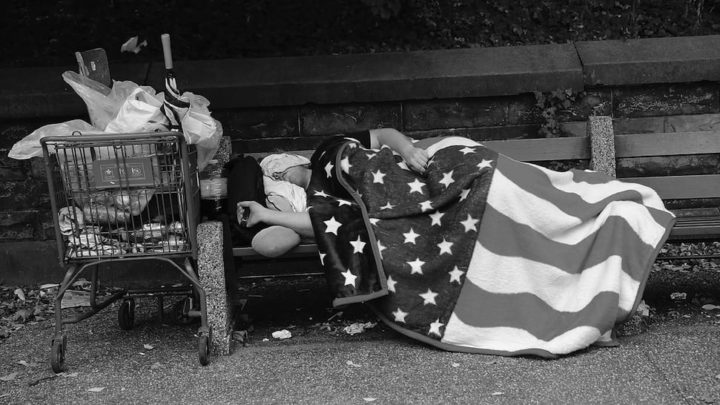The study aims to eradicate the ‘crisis’ of homelessness among New York youth, particularly among the Afro-descendant, Indigenous, Latino and LGBTQ populations.
Several homeless youth in New York City will receive more than $ 1,000 in cash per month for the next two years as part of a groundbreaking research project to be carried out by members of the Chapin Hall policy research center at the University of Chicago in collaboration with Point Source Youth and UpTogether civil society organizations.
The university stated that the ‘Trust Youth Initiative’ will be the first study to explore the efficiency of direct cash assistance programs aimed at eradicating homelessness among young New Yorkers, particularly among the Afro-descendant, Indigenous, Latino and LGBTQ population.
During the first stage of the study, 30 to 40 homeless youth between the ages of 18 and 24 will receive $ 1,250 a month for up to two years. The project’s flexible approach will allow beneficiaries to choose the frequency and payment options, as well as request a larger upfront payment to guarantee their access to housing.
Likewise, the economic stimulus will be accompanied by optional services that aim to generate the means that allow the youth to invest in their own goals, education, as well as in their personal and professional development. “Direct cash transfers are supported by a strong international evidence base and they recognize people’s agency,” explained Dr. Matthew Morton, principal investigator of the project.
“Providing direct financial assistance with supports to young people has the potential to empower them to make investments in their own success while helping to counter racial inequities stemming from legacies of injustice,” Morton said. “It is time to evaluate this type of support to young people who do not have the same access to resources to meet basic needs […] during the transition to adulthood,” he added.
The researchers hope that the results of the project will show enough qualitative and quantitative evidence that will allow them, in collaboration with the New York authorities, to develop a stable policy to face the “crisis of the homeless youth” that affects the United States.
Translated from Spanish by Teodora C. Hasegan










